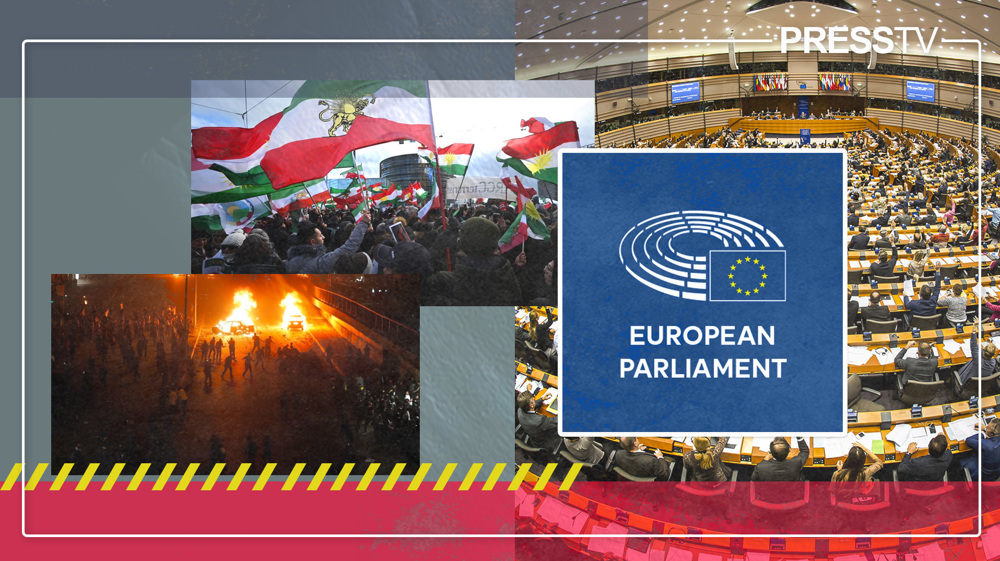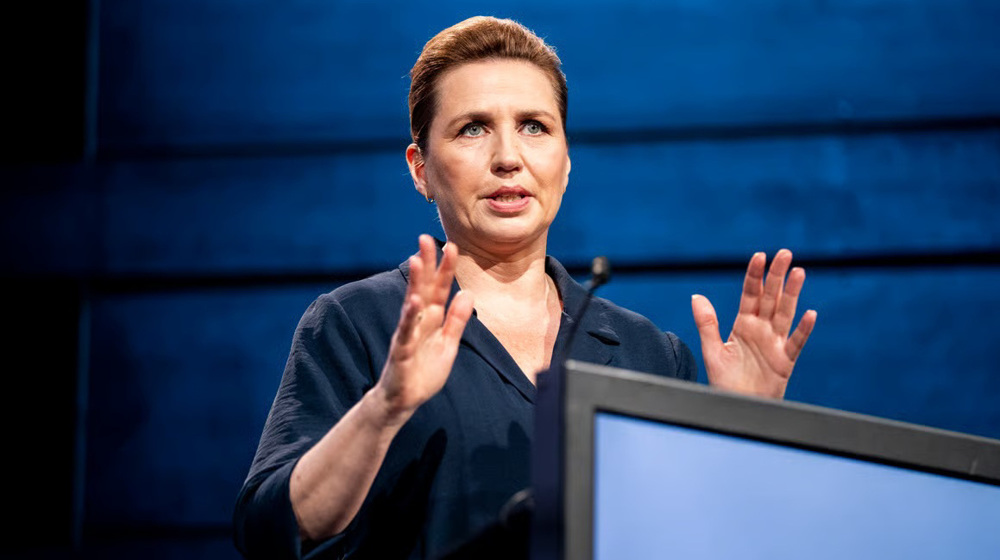I will not approve deal with Greece: Macedonia pres.
Macedonian President Gjorge Ivanov says he will not sign a “damaging” deal reached between the small Balkan country and Greece on changing the former Yugoslav republic’s name, shattering hopes of an ultimate end to a decades-long diplomatic dispute.
“My position is final and I will not yield to any pressure, blackmail, or threats. I will not support or sign such a damaging agreement,” Ivanov said at a news conference in the Republic of Macedonia’s capital, Skopje, on Wednesday.
His comments came just a day after Macedonian Prime Minister Zoran Zaev said that he had reached a deal with his Greek counterpart, Alexis Tsipras, according to which his country would officially be renamed the “Republic of Northern Macedonia.”
Zaev also added at the time that an ensuing meeting between the two might officially seal the accord. “There is no way back,” he insisted.
Now, with the president’s rigid stance, Zaev has little — if any — chance to revive the deal or work out a similar one, particularly considering the opposition that exists at the grassroots level to any compromise.
The president, who is supported by the nationalist opposition VMRO-DPMNE, is empowered by the constitution to veto the deal.
Even before the fate of the deal was effectively sealed by the Macedonian president’s announcement, it had to be approved by Macedonians in a referendum and also had to be ratified at the parliaments of both countries.
Macedonia’s center-left government requires a two-thirds majority to secure parliamentary approval, and this would need the support of VMRO-DPMNE, which is strongly against the accord.
“We will oppose this deal of capitulation with all democratic and legal means,” said VMRO-DPMNE head Hristijan Mickoski at a presser, describing the agreement as “an absolute defeat for Macedonian diplomacy.”
Greece had long insisted that the name Macedonia implied territorial claims on a northern Greek province of the same name.
The name dispute, which has so far barred Macedonia from becoming a member state to international institutions such as NATO and the European Union (EU), has triggered strong nationalist sentiments and strained the two countries’ bilateral ties since the small Balkan country declared independence from Yugoslavia in 1991.
In his Wednesday remarks, President Ivanov said that his country’s potential future membership in the EU and NATO was not a sufficient excuse to sign such a “bad agreement.”
People have staged protest rallies against any compromise both in Greece and Macedonia.
Economic protests and subsequent terrorism in Iran
Court docs show Trump sought to deport student over pro-Palestine op-ed
'Any harm to Ayatollah Khamenei a declaration of war on Shias'
Discover Iran: Hormozgan’s strategic ports powering trade, commerce and connectivity
VIDEO | Store, gym set on fire by masked rioters during recent unrest in Tehran
Obama, Clinton urge Americans to ‘stand up’ as protests spread in US
Yemen’s Ansarullah warns US, Israel of Red Sea attacks if Iran hit
Iran condemns Israeli FM’s ‘false, provocative’ remarks in Baku











 This makes it easy to access the Press TV website
This makes it easy to access the Press TV website